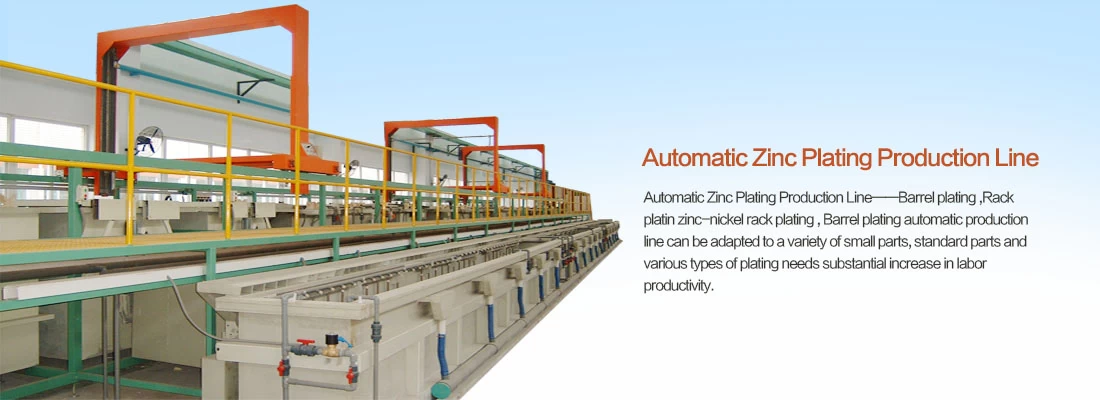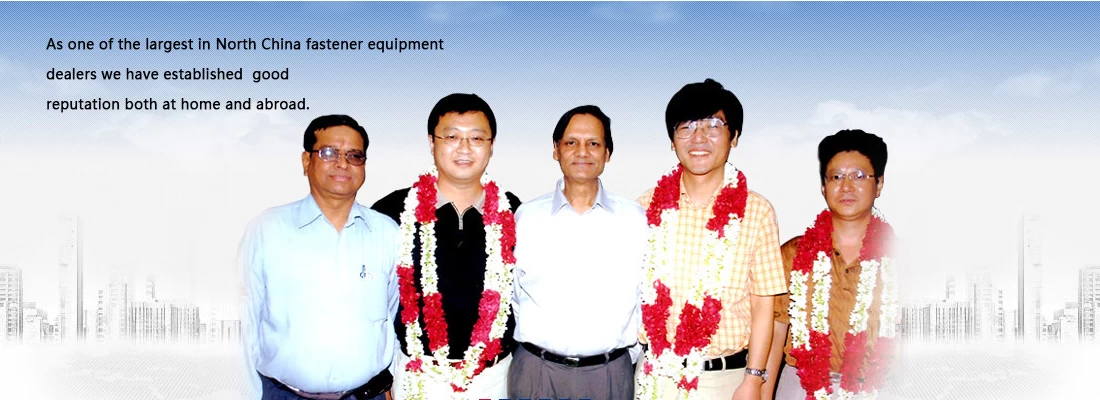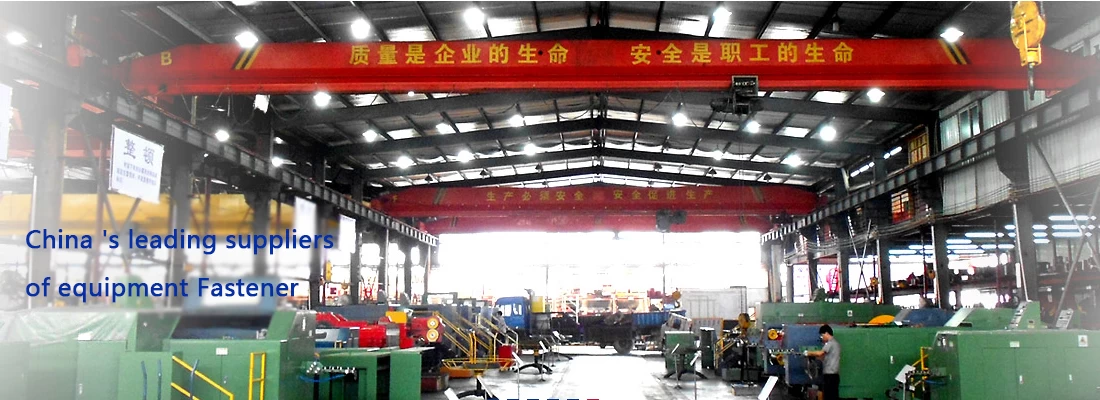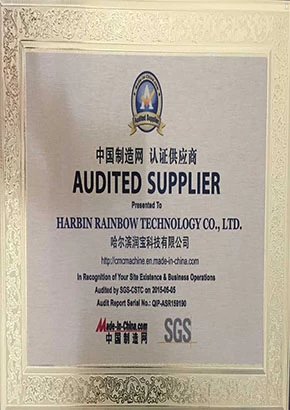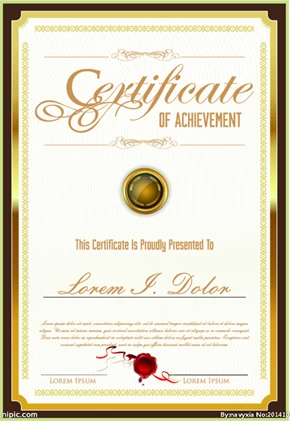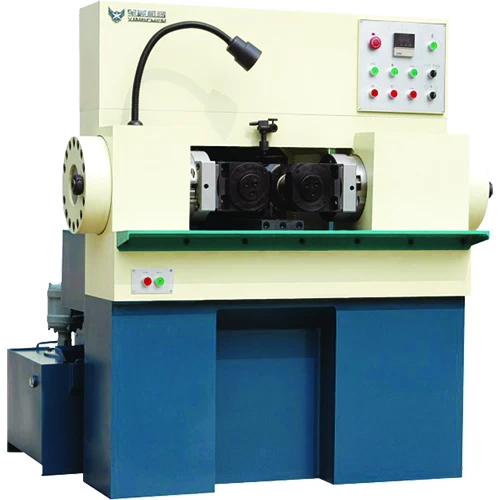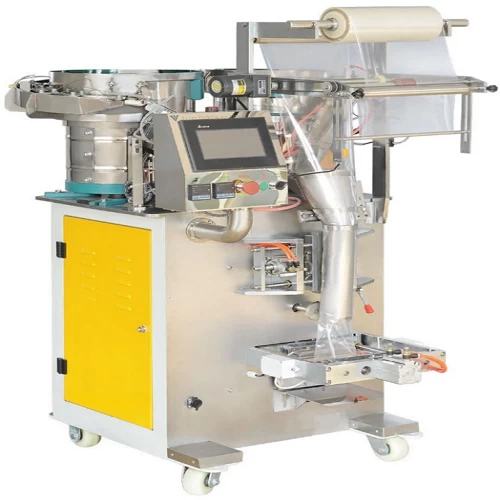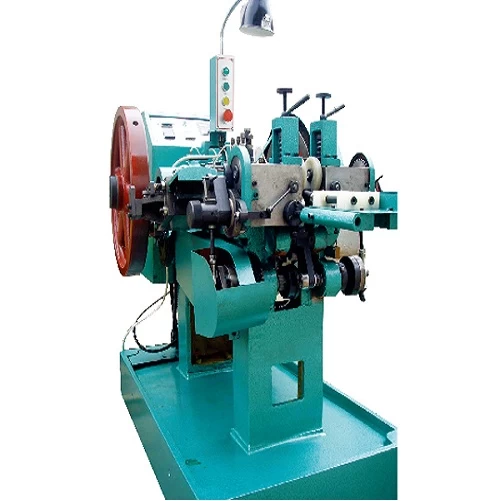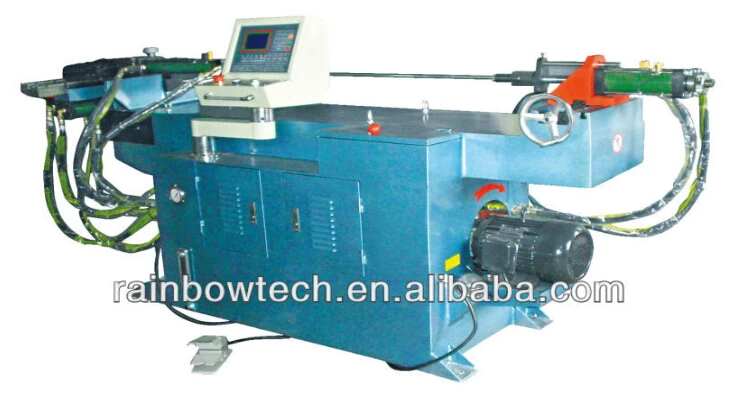What are the different types of thread rolling machines?
There are many types of thread rolling machines, each designed for specific applications and workpiece requirements. The types of thread rolling machines commonly used in metalworking are:
Types of thread rolling machine:
1. Cylindrical die thread rolling machine:
In this type of machine, a cylindrical die with a reverse thread profile is used. The workpiece is fed axially between the dies, which rotate to roll the threads onto the workpiece.
2. Flat die thread rolling machine:
This type of machine uses two flat parallel dies to cold form threads on the workpiece. The workpiece is fed between the rolling dies, which rotate to create the threads by moving the material.
3. Planetary thread rolling machine:
Planetary thread rolling machines use multiple thread rolling dies arranged in a circular or planetary motion. These machines are suitable for mass production of threaded parts.
4. Tangential thread rolling machine:
The tangential thread rolling machine has two or three thread rolling dies arranged at a certain angle to the axis of the workpiece. These machines are commonly used to roll threads on fasteners and bolts.
5. Radial thread rolling machine:
Radial thread rolling machines have one or more thread rolling dies arranged radially around the workpiece. They are used for rolling threads on studs and shafts.
6. Axial thread rolling machine:
Axial thread rolling machine has one or more thread rolling dies arranged in the axial direction of the workpiece. These machines are suitable for rolling long threads on rods and shafts.
7. Hydraulic thread rolling machine:
Hydraulic thread rolling machines use hydraulic pressure to apply force during the rolling process. They are known for their high rolling forces and precise control.
8. Mechanical thread rolling machine:
Mechanical thread rolling machines use mechanical mechanisms such as cams and gears
to generate rolling force. They are suitable for medium to heavy duty applications.
9. CNC thread rolling machine:
CNC (Computer Numerical Control) thread rolling machines are automated machines that can be programmed to produce a variety of thread profiles. They are highly accurate and repeatable.
Advantages of thread rolling machine:
1. Excellent strength and durability:
Thread rolling machines produce threads of greater strength and durability than other thread forming methods. The rolling process displaces rather than removes material, resulting in improved fatigue resistance and a more reliable thread form.
2. Cost-effectiveness:
Thread rolling offers significant cost advantages over other methods such as thread cutting or grinding. The rolling process is faster, requires less energy, and produces minimal waste. Therefore, it can reduce production costs and improve overall efficiency.
3. Improved surface finish:
Thread rolling produces smoother, more precise threads for superior surface finish. This is especially important in applications where the threads must fit tightly or where aesthetics are important.
4. Extend tool life:
Unlike cutting or grinding methods, which subject the tool to severe wear, thread rolling places less stress on the tool. As a result, thread rolling tools last longer, reducing tool replacement costs and downtime.
5. Consistent thread quality:
Thread rolling machines provide highly consistent thread quality throughout the production process. The mechanical nature of the rolling process reduces the possibility of human error, resulting in uniform and high-quality threads every cycle.



